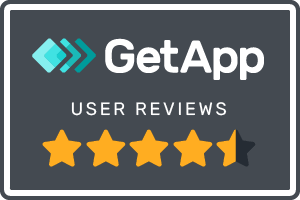
Why do some brands seem to know exactly where you are and what you want?
It’s no accident — they’re using the best omnichannel platforms to stay connected across every touchpoint.
Brands today need more than just social media or emails — they need a full, unified experience across channels.
If you’re serious about growth, it’s not just about being present — it’s about being connected.
We’ve handpicked the 15 best omnichannel platforms to help you level up your strategy, drive more sales, and actually engage your customers — not just shout into the void.
Try SellerChamp for Yourself!
Schedule a demo today and discover how our Bulk Lister can help you list more products, increase sales, and grow your e-commerce business faster than ever.

What is an Omnichannel Platform?
An omnichannel platform helps businesses deliver a seamless, integrated customer experience across multiple channels — like email, social media, websites, marketplaces, apps, and even offline stores.
Instead of treating each channel separately, a great omnichannel tool stitches them together so customers feel like they’re interacting with a single brand, not different departments.
Did You Know? Companies with strong omnichannel engagement see a 9.5% year-over-year increase in annual revenue, compared to 3.4% for companies with weak omnichannel strategies
Quick Look: 15 Best Omnichannel Platforms
| Platform | Key Feature | Best For |
|---|---|---|
| HubSpot | CRM + Marketing Hub | Mid-large businesses |
| Omnisend | Email, SMS, Push automation | Ecommerce stores |
| ActiveCampaign | Customer Experience Automation | SMBs, B2B companies |
| Demandware (Salesforce Commerce Cloud) | Enterprise ecommerce | Global brands |
| Zendesk | Omnichannel Customer Support | Support teams |
| Adobe Experience Cloud | Personalization at scale | Large enterprises |
| Freshchat | Messaging across channels | Customer service |
| Freshdesk | Unified helpdesk software | Mid-sized businesses |
| Intercom | Conversational marketing & support | SaaS and startups |
| Klaviyo | Email & SMS marketing automation | DTC brands |
| GetResponse | Multi-channel marketing campaigns | SMEs |
| Brevo (ex-Sendinblue) | Marketing & transactional messaging | Growing businesses |
| Callbell | WhatsApp & Messenger integrations | Local businesses |
| Cloud Commerce Pro | Multichannel inventory management | Ecommerce sellers |
| Quality Unit (LiveAgent) | Live chat and ticketing | Customer service-heavy teams |
Platform Overviews
1. HubSpot
HubSpot gives you everything in one place — CRM, marketing, sales, and customer service. It’s super helpful if you’re tired of jumping between different tools. You can automate your emails, track sales conversations, and even handle customer support without needing five different apps. Great for growing businesses that want to stay organized.
2. Omnisend
If you’re running an online store, Omnisend makes your life easier. It lets you send emails, SMS texts, and push notifications from one dashboard. Plus, it plugs right into Shopify, BigCommerce, or WooCommerce. That means your marketing feels like a smooth ride, not a rocky road.
3. ActiveCampaign
ActiveCampaign is like a smart assistant for your customer communications. It helps you send the right emails at the right time, thanks to its powerful automation. It even has machine learning to predict what your customers might want next. If you want to build strong relationships without being glued to your laptop 24/7, it’s a solid pick.
4. Demandware (Salesforce Commerce Cloud)
Big brands love Demandware, now called Salesforce Commerce Cloud, because it can handle massive online stores. It personalizes the shopping experience, whether your customer is on their phone or laptop. It’s built for companies who are aiming for the global stage — not just the local mall.
5. Zendesk
You probably know Zendesk for their support ticket system, but they do way more. Their omnichannel platform ties together email, live chat, voice calls, and social messaging. So, no matter where a customer reaches out, your team can handle it from one place — no missed messages, no angry customers.
6. Adobe Experience Cloud
Adobe isn’t just for Photoshop anymore. Their Experience Cloud pulls customer data from every touchpoint and uses AI to help you act on it. You can deliver seriously personal messages, run ads, and even automate journeys — perfect for brands that want to feel like mind-readers.
7. Freshchat
Freshchat is made for businesses that want to have real conversations with customers. It mixes live chat, bots, and messaging all into one spot. Plus, it works with channels like WhatsApp and Messenger. Whether your customers like texting or chatting on your site, you’re covered.
8. Freshdesk
Freshdesk is the tool you want if you’re tired of messy customer service systems. It lets you answer emails, chats, social messages, and phone calls all from a single screen. It’s clean, it’s simple, and it cuts down the chaos for your support team.
9. Intercom
Intercom is a more casual, human way to chat with customers. It’s not just for support — you can also use it to onboard new users, answer quick questions, and even automate follow-ups. Great if you believe customers don’t want to “submit a ticket,” they just want quick help.
10. Klaviyo
Klaviyo is a marketer’s dream if you’re selling directly to consumers. It pulls customer data straight from your Shopify (or another platform) and lets you send ultra-targeted emails and texts. Think abandoned cart reminders that actually bring shoppers back — without you lifting a finger.
11. GetResponse
GetResponse helps you connect with your audience through emails, webinars, and landing pages. It’s like a Swiss army knife for marketers. Their automation flows are easy to set up and powerful, especially when you’re trying to stay in front of customers across different platforms.
12. Brevo (formerly Sendinblue)
Brevo gives you big marketing tools without the big price tag. You can run email campaigns, send transactional messages, automate marketing journeys, and even manage contacts — all in one place. Perfect if you’re budget-conscious but still serious about scaling.
13. Callbell
If you mostly talk to customers on WhatsApp, Facebook Messenger, or Instagram Direct, Callbell keeps it simple. You log into one dashboard and chat across all those apps. No more switching between tabs and missing important questions. It’s perfect for small businesses that want to stay connected without overcomplicating things.
14. Cloud Commerce Pro
Selling across eBay, Amazon, your website, and who knows where else? Cloud Commerce Pro helps you manage it all. It syncs your inventory, customer details, shipping info — everything — so you don’t accidentally sell something you don’t actually have in stock.
15. Quality Unit (LiveAgent)
LiveAgent pulls your customer emails, live chats, and phone calls into one spot. You can respond faster and actually sound human — not robotic. If fast, personal support is important to you (and it should be), LiveAgent has your back.
Check Out: Best E-Commerce Automation Tools for 2025
Bonus Pick: SellerChamp
If you’re selling on marketplaces like Amazon, eBay, Shopify, Walmart — keeping inventory and orders synced across them can be a nightmare.
That’s where SellerChamp comes in.
With SellerChamp, you can:
- Manage listings across multiple marketplaces
- Auto-sync inventory updates in real time
- Bulk upload thousands of products easily
- Track orders from one dashboard
Ready to stop juggling 10 tabs at once?
Try SellerChamp for Yourself!
Request a SellerChamp demo today and take the first step toward stress-free selling!


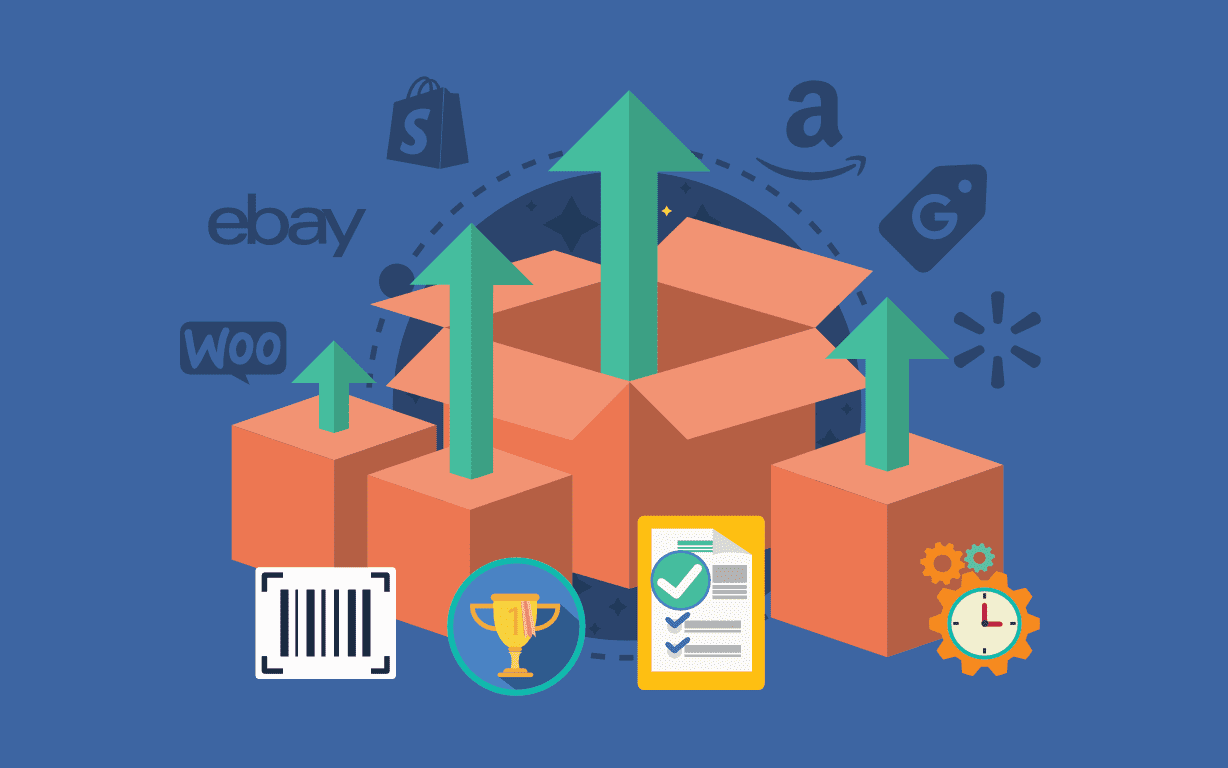
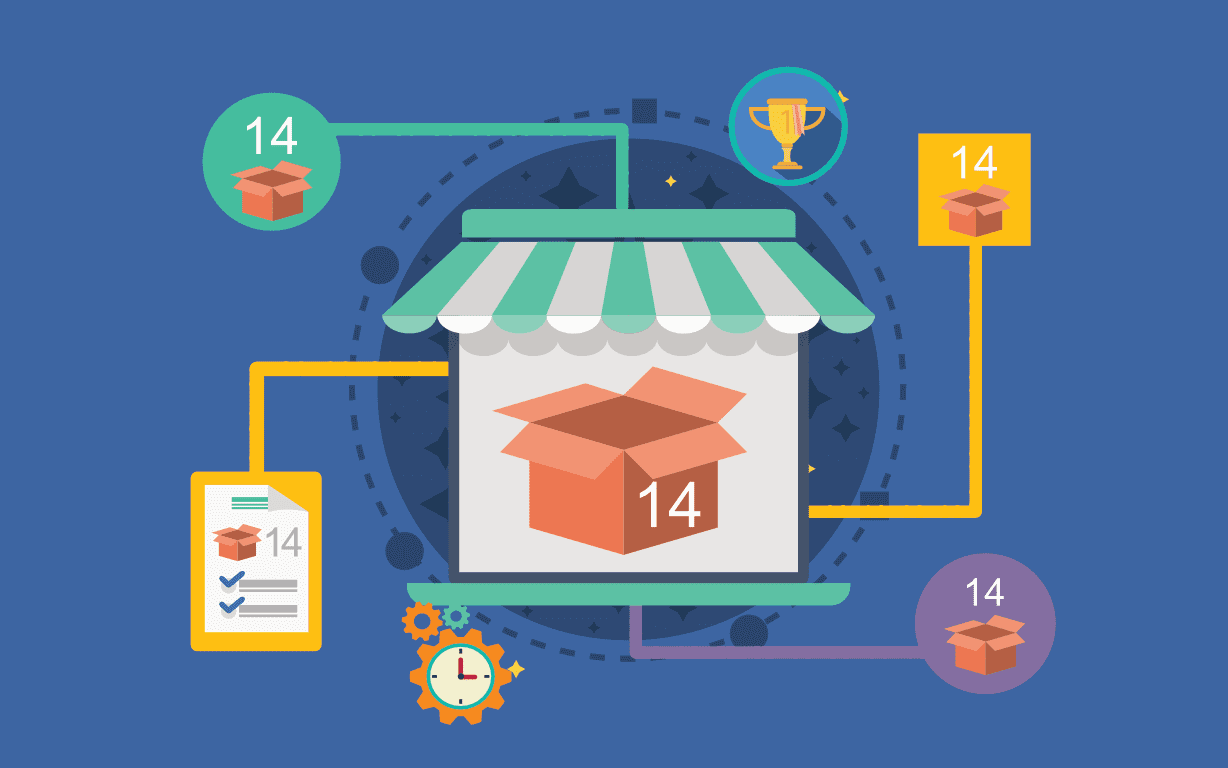
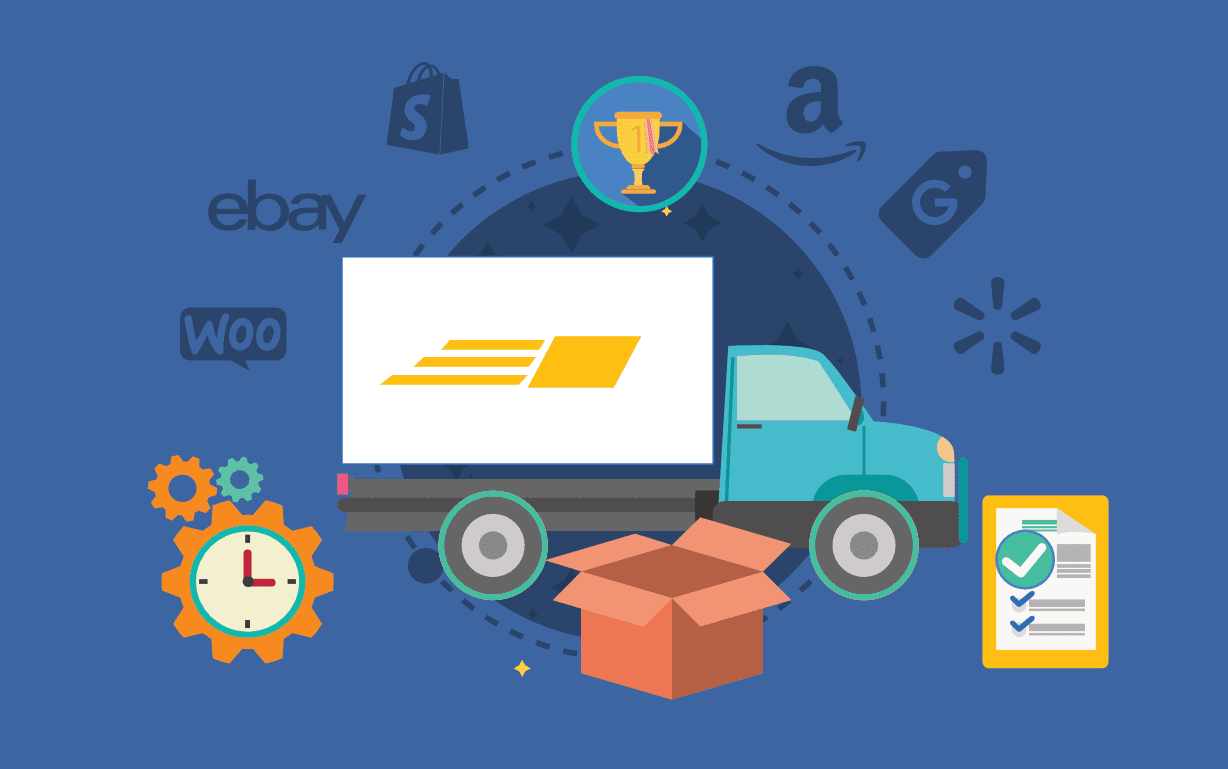
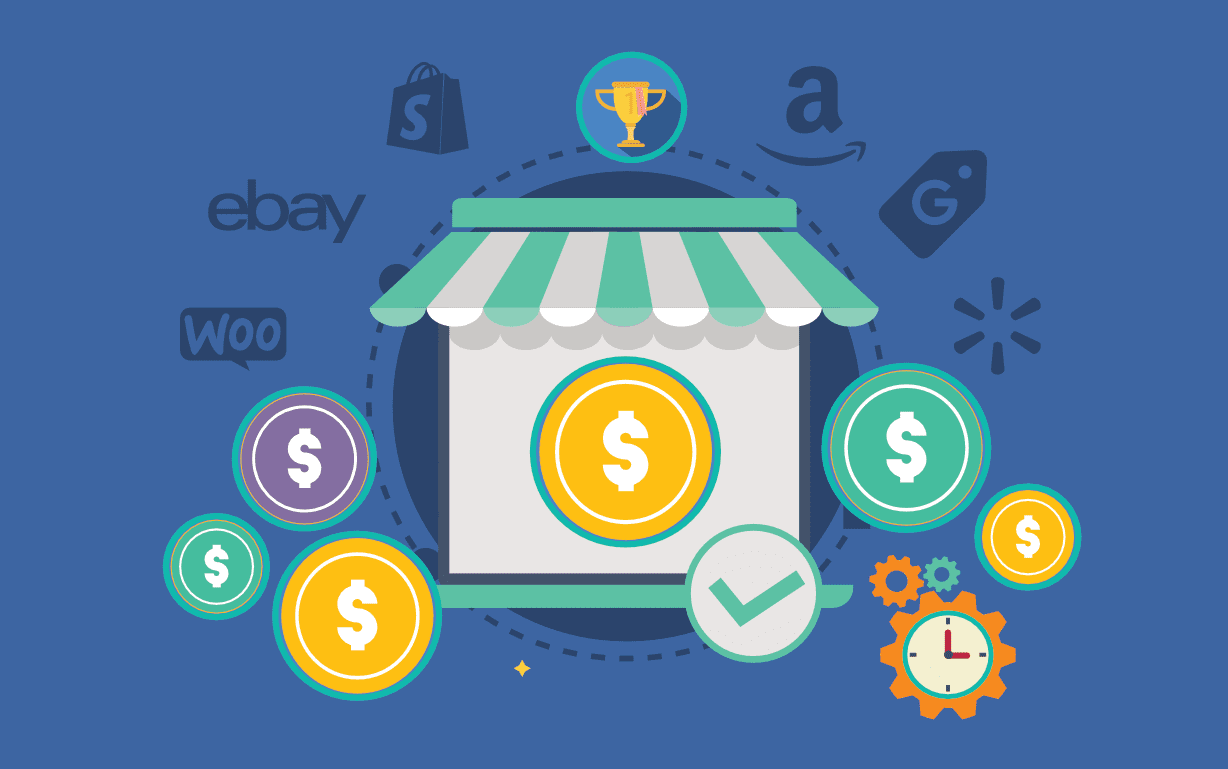
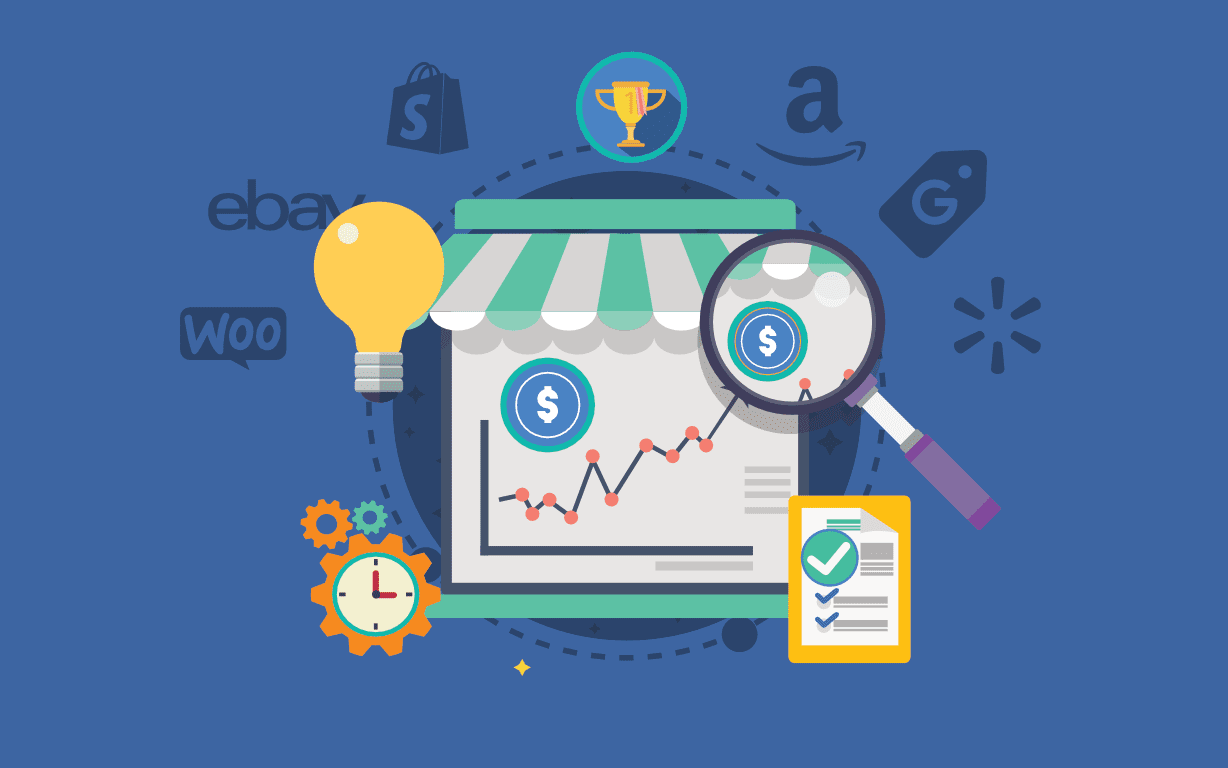
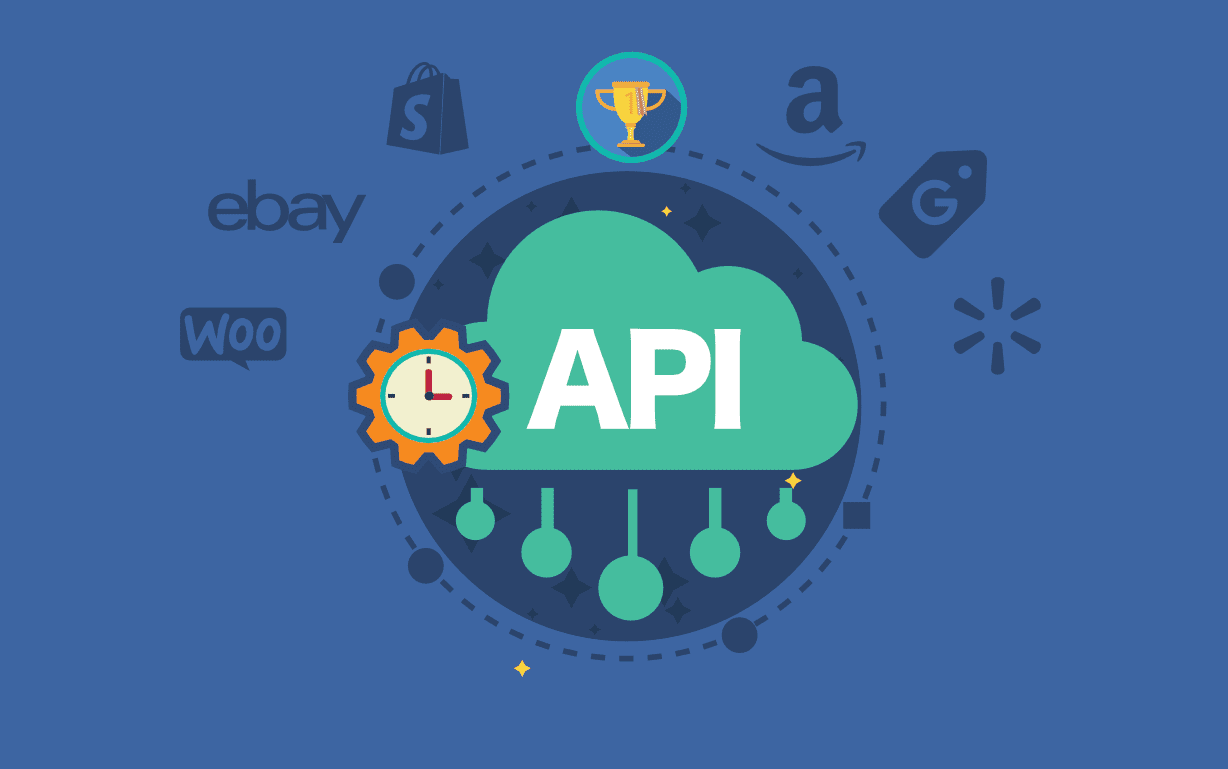




![Best Rated E-Commerce Automation Platforms and Tools [Updated]](https://sellerchamp.com/wp-content/uploads/2025/06/image4-1-600x315.png)


